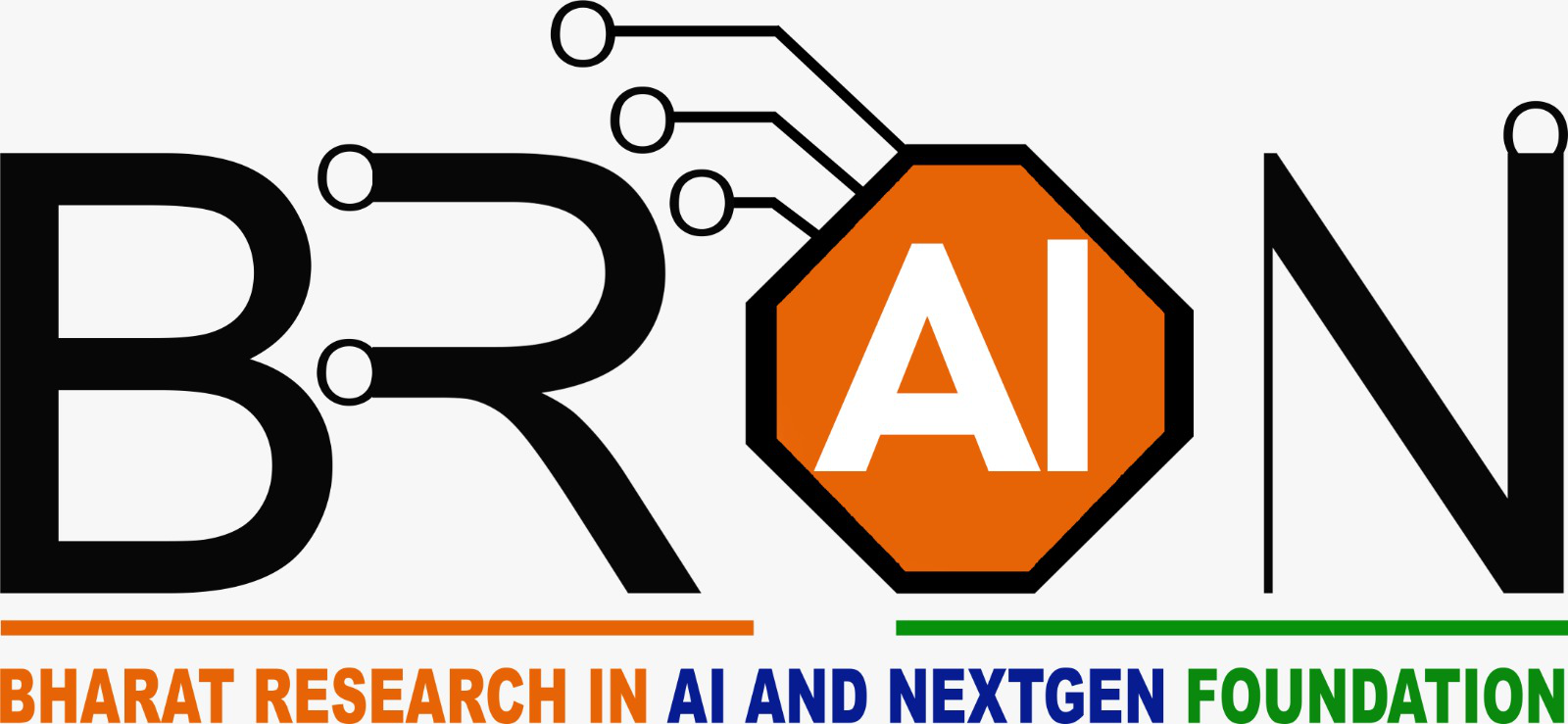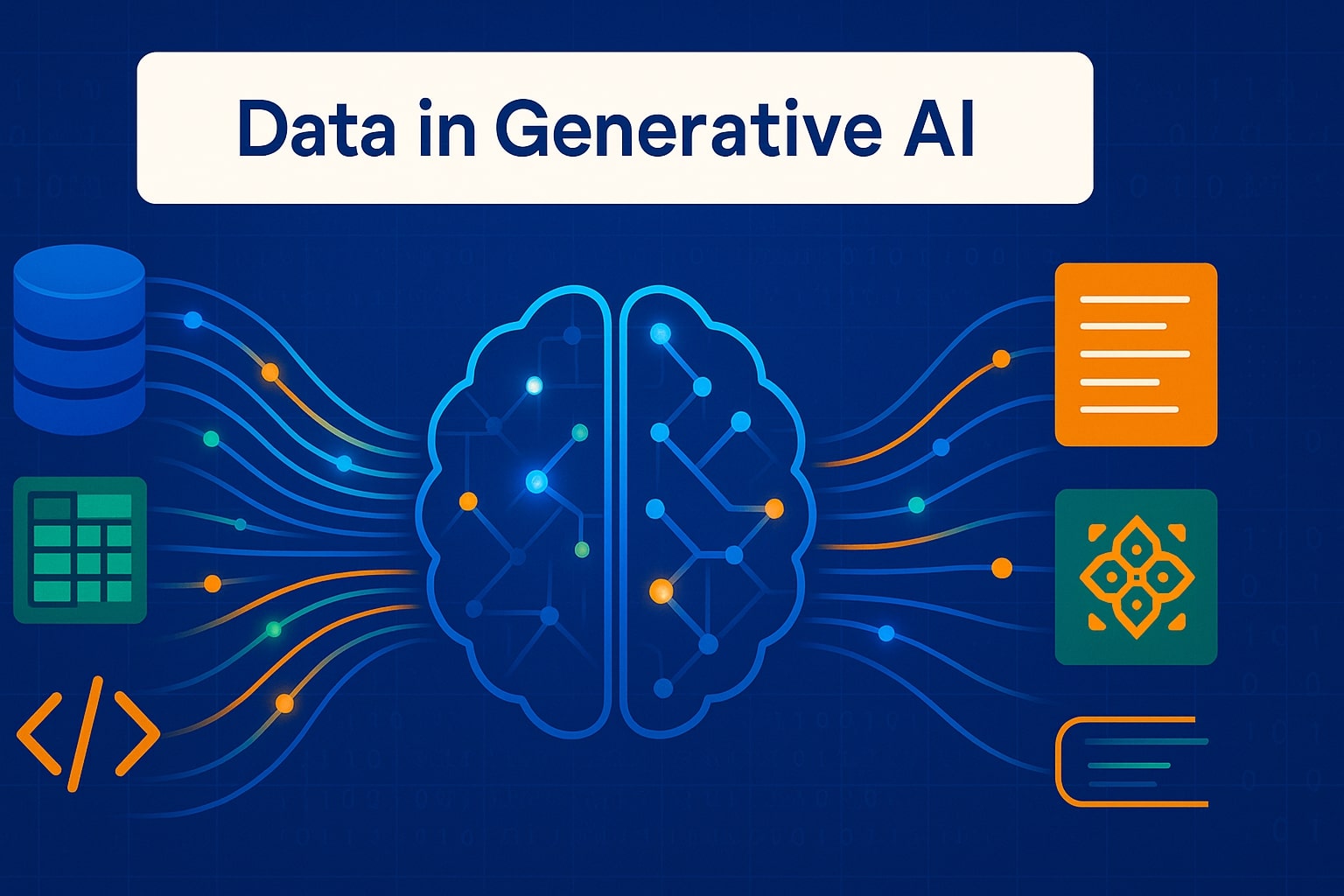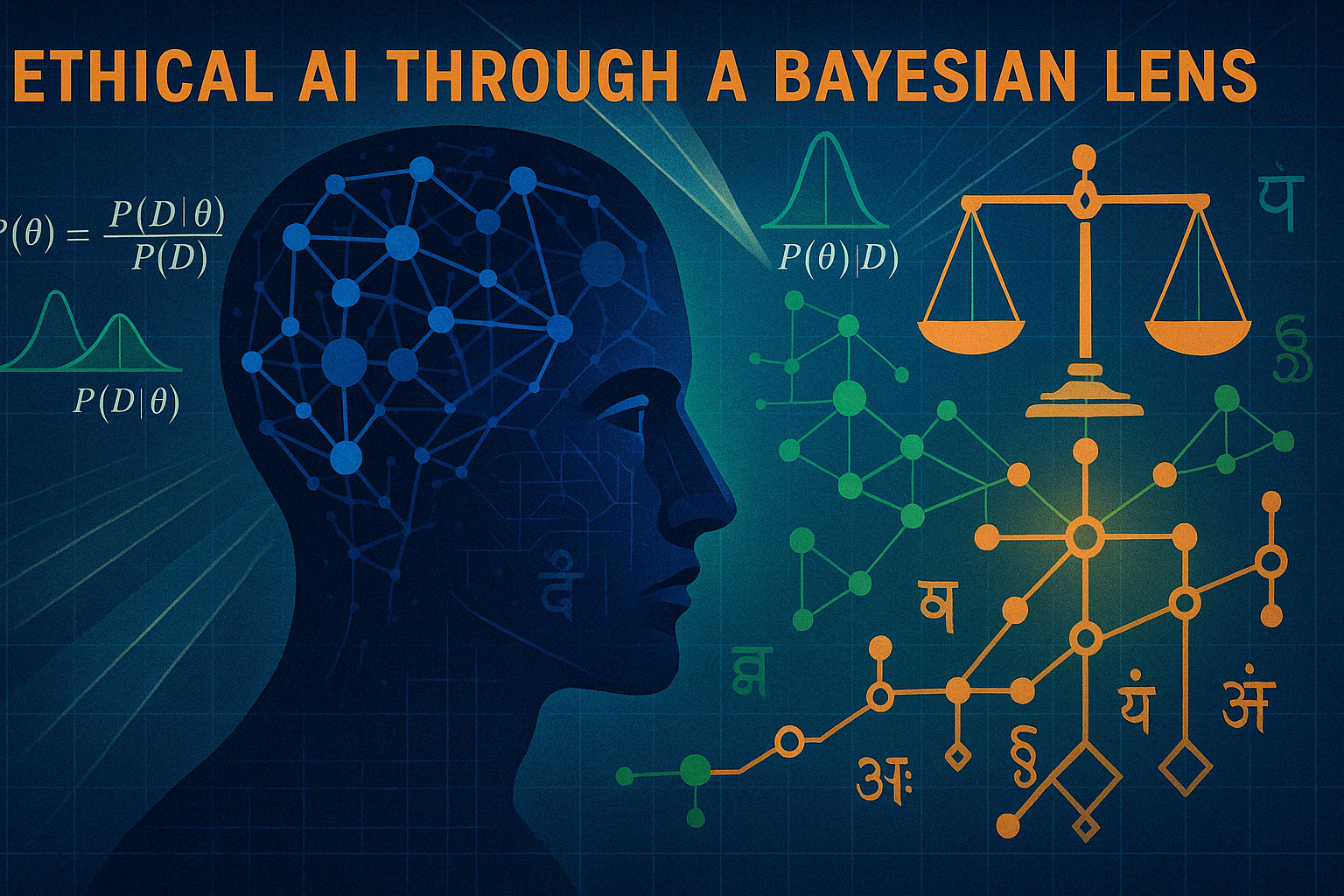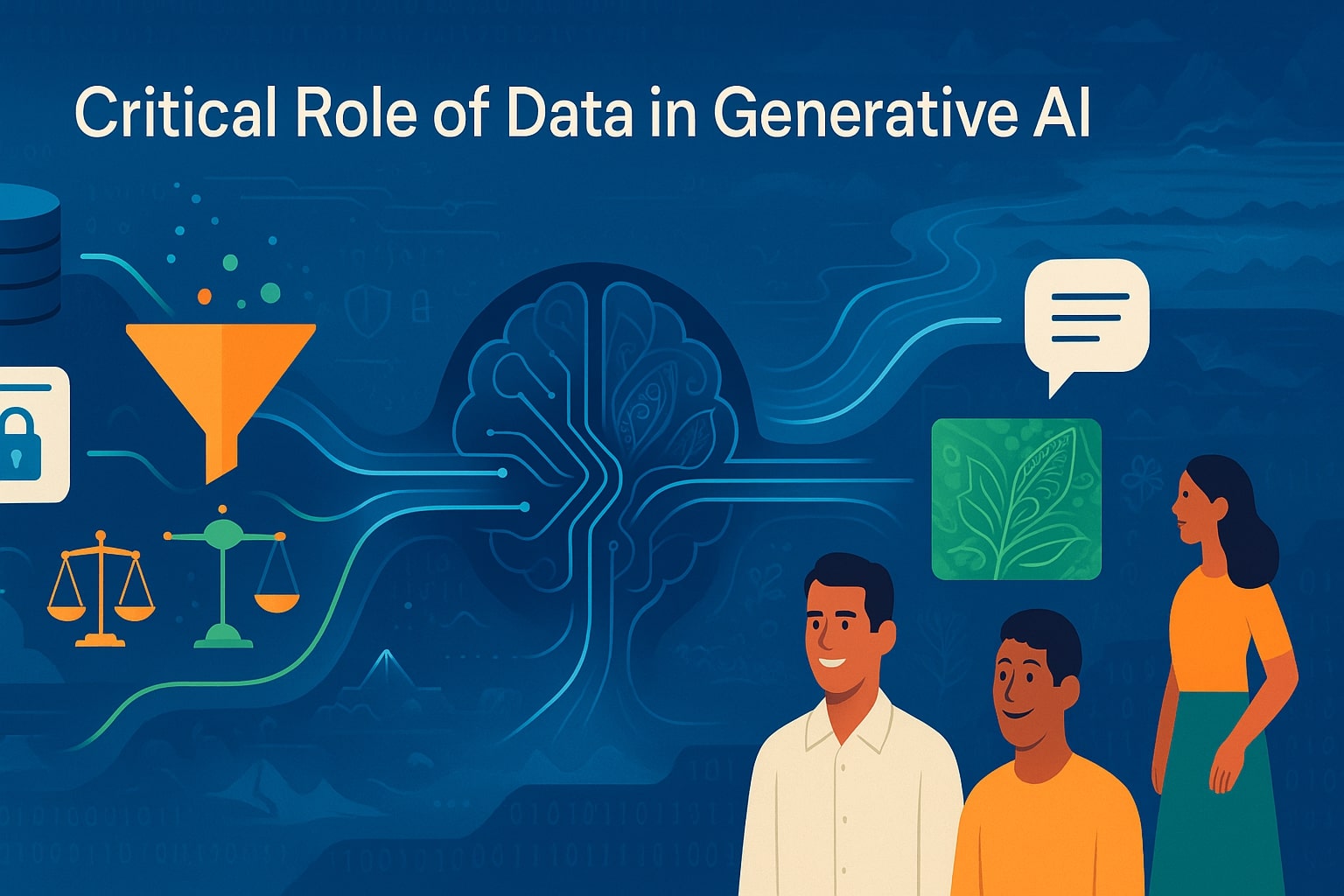Generative AI is today the most talked about topic, almost everywhere from board rooms to children in schools. The reason is that it serves one of the fundamental needs of all, that of creating relevant & realistic content based on multiple inputs from contextual sources in different forms.
Data is at the heart of any AI led business transformation -- whether developing new products and services or elevating customer experience -- and Generative AI is no exception. The variety, volume, and veracity of data impacts the outcomes and efficacy of the Generative AI models too. This article helps understand the critical aspects of Data for Generative AI - how it helps train the Large Language Models (LLMs), that critically determines the value of outcomes, how policies and prompts can remove biases, ensure privacy and security as well as how outcomes can be evaluated with the right datasets to ensure the efficacy.
The Importance of Volume and Quality
Volumes of data allows the generative AI model to capture a wider dimensionality and a broader range of patterns in data that will enable the model to generate more versatile and apt outputs. Leveraging data, not only from the enterprise, but also from the ecosystem in which it participates as well as from the universe in which the organization could be impacted with (e.g., public or open datasets) will improve the value of the generated outcomes.
About the Author
Mandar Bhatavdekar
Mandar Bhatavdekar is the Global Head of Data & Analytics service practice in TCS. His role encompasses driving business strategy, elevating the brand TCS in Data, Analytics & AI world, by bringing in thought leadership, improving TCS's analyst positioning and customer mindshare.










